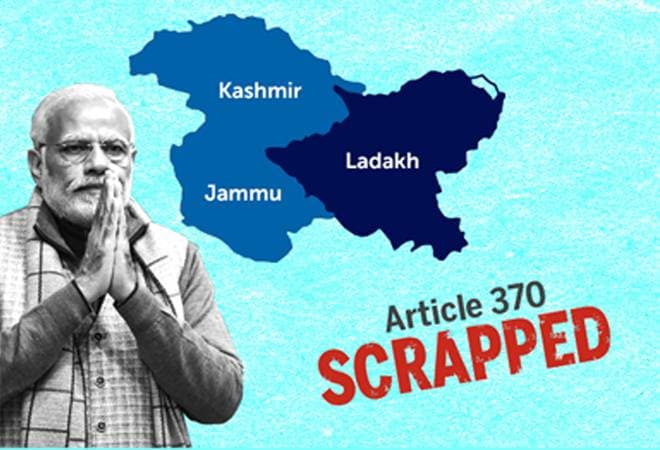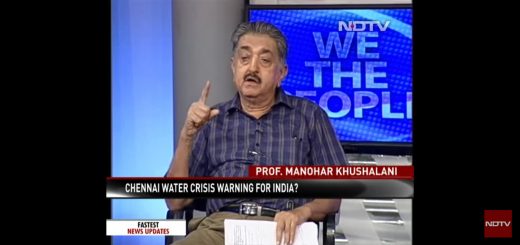RIP Articles 370 & 35 a / Krishan Tyagi
Krishan Tyagi a former BBC correspondent elaborates on the issue

The Article 370 in the Constitution of India, which came into effect in 1949, a special status to the state of Jammu & Kashmir (J&K) under which the state had a separate constitution (adopted in November 1956) and a separate flag. It allowed the state a jurisdiction to make its own laws in all matters except finance, defence, foreign affairs and communications. That meant the residents of the state lived under different laws from the rest of the country in matters such as property ownership, employment and citizenship. The Article denied property rights in the region to the Indian citizens from outside J&K.
At the same time, the Constitution of Jammu & Kashmir 1956 in its Preamble recognised the accession of the state to India on 26th October, 1947 through the Instrument of Accession signed by former king of Jammu & Kashmir Hari Singh, committed to the concept of single Indian citizenship, and defined the State as an integral part of the Union of India.
Some aspects of Article 370 got diluted over the decades in the fields of judicial system and public administration.
The article was drafted in Part XXI of the Indian Constitution: Temporary, Transitional and Special Provisions.
Article 35A
Under the Article 370 of the Indian constitution, in 1954 another amendment in the Constitution was made, called Article 35A, through an Executive Order (called Presidential order), meaning without the approval of Indian Parliament. Article 35A permitted the legislative assembly of Jammu & Kashmir to define permanent residents of the region. The Article forbid non-J&K citizens of India from permanently settling, buying immoveable property, holding local government jobs, or winning education scholarships in the state.
Article 35A, referred to as the Permanent Residents Law, also barred female residents of Jammu & Kashmir from property rights in the event that they married a person from outside the state. The provision also extended to such women’s children.
Evidently, the Article clearly discriminated against women. To quote an example, former chief minister of J&K Farooq Abdullah marrying a lady of British origin loses no property rights, but his daughter Sara lost all her property rights in J&K because of marrying someone who is not from J&K.
Apart from the Article 35A discriminating against women, these Articles also created an anomalies in the Indian democracy. While Jammu & Kashmir’s “Permanent Residents” could buy property, have government jobs and settle permanently in any other part of India, nonJ&K citizens of India were not allowed to do the same in Jammu & Kashmir. Another problem emanating from Article 35A, known in Britain as ‘the West Lothian Question’ was that the MPs and Union ministers coming from J&K could vote on legislation for the rest of India on subjects in the Union and Concurrent lists of the Constitution of India, the Indian parliament, ie, MPs from other states, had no right to legislate on those subjects for J&K.
As mentioned, Article 35A did not have any parliamentary sanction and was supposed to be temporary too.
The Government of India revoked Article 35A through a Presidential Order and abrogated Article 370 by passing an Act through the Indian Parliament in August 2019.
Written by Krishan Tyagi, Editor, Mirror to Mirror (mirrortomirror.org)




READ HERE: Article 370 Didn’t Allow Democracy In J no benefit will accrue to valley due to Article 370, 35A, Amit Shah was quoted as saying by PTI